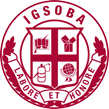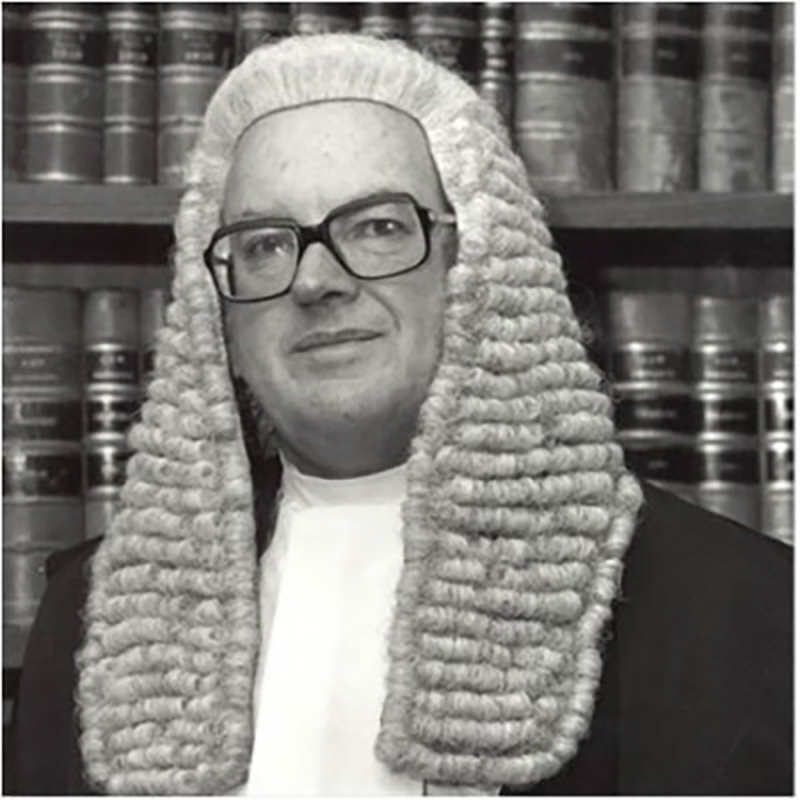
The Rt Hon Sir Harry Talbot Gibbs (Class of 1933)
Sir Harry Gibbs gave long and distinguished service to the nation in many fields: as a barrister; a member of the armed services; a member of the University of Queensland Faculty of Law; a judge of the Supreme Court of Queensland, of the Federal Court of Bankruptcy, and of the Supreme Court of the Australian Capital Territory; and as a Justice of the High Court and ultimately as Chief Justice of Australia.
Born in Sydney in 1917, Sir Harry was educated at the Ipswich Grammar School and the University of Queensland. He graduated with the degrees of BA and LLB, both with first-class honours and was admitted to the Queensland Bar in 1939.
Sir Harry served in the army during the Second World War from 1939 to 1945. He was mentioned in dispatches.
Once demobilised, Sir Harry resumed his practice at the Bar. Returning to study, Sir Harry was awarded the degree of LLM in 1946. and was appointed to the Supreme Court of Queensland in 1961. In 1967 he became a Judge of the Federal Court of Bankruptcy and the Supreme Court of the Australia Territory.
Sir Harry was a member of the Faculty of Law, University of Queensland from 1954 to 1967, lecturing in evidence and property law. Subsequently, he was awarded the degrees of LLD from the University of Queensland and Hon D Univ from Griffith University and was made an honorary Bencher of Lincoln’s Inn.
The Harry Gibbs building of the Commonwealth Law Courts in Brisbane was named in honour of Sir Harry Talbot Gibbs. #igsoldboys
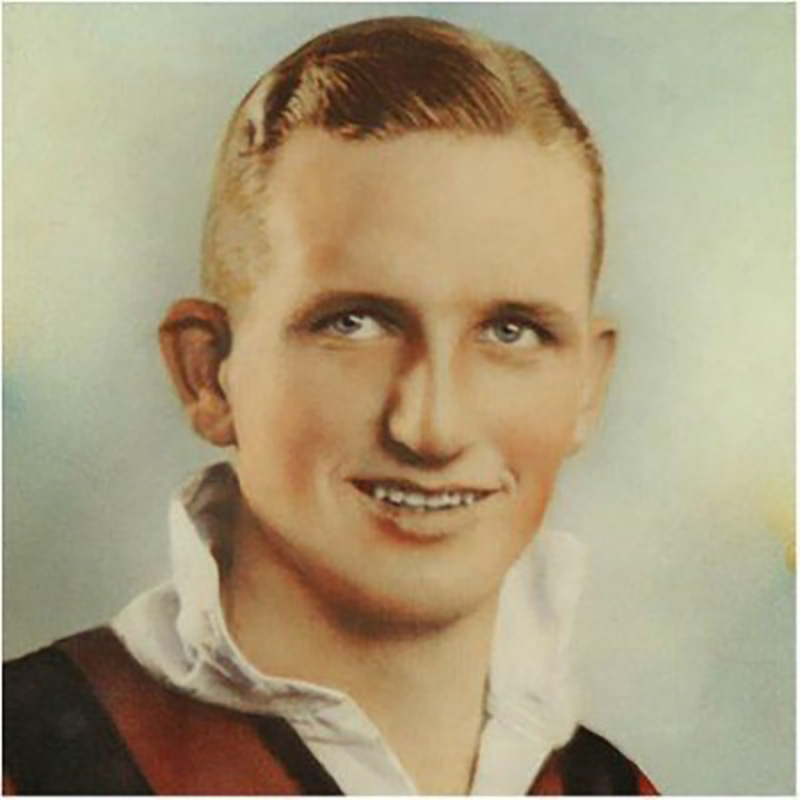
Robert Lawrie (Class of 1934)
Arguably one of Ipswich Grammar School’s greatest Old Boy footballer is Robert Lawrie. He first represented Queensland and Australia in 1939 and went on to play 24 internationals from 1939-53 and was Captain 15 times, including a tour of South Africa in 1950.
His career was interrupted by WWII, in which he enlisted in the AIF and served in New Guinea. He later transferred to the RAAF and during training in England played for fourth-division club Brentford where he was approached by Tottenham Hotspur for a trial which he turned down.
After the war he lived in and played for South Australia and then New South Wales before returning to Ipswich in 1949 and again representing Queensland. Trained as a teacher, he resumed his teaching career and spent most of his time at Silkstone State School until his retirement in 1979.
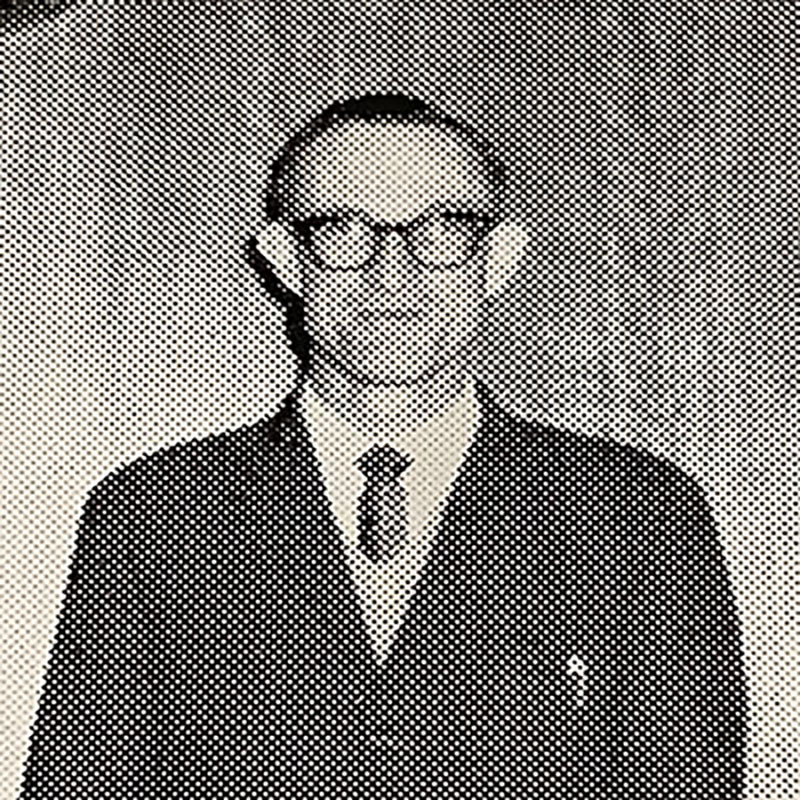
Dr Harry Gilmore Wilson (Class of 1934)
Dr Harry G Wilson graduated in Medicine from the University of Queensland in 1940. He was the top student in the first class of students to graduate from the University of Queensland, being awarded the Robertson Medal.
In 1986 Dr Wilson published a book “Medicine Without Tears: a light-hearted look at the early medical school, Queensland”
After a year as RMO (Resident Medical Officer) at Royal Brisbane Hospital, Dr Wilson served for 3 years as a medical officer in the Army, before being recalled in 1943 when his father died. Dr Harry Wilson was sent home to take over the medical practice of his father, Dr Benjamin Gilmore Wilson in Ipswich.
After 7 years working in Ipswich, Dr Harry Wilson went to England to continue his studies, achieving his MRCP (Member of the Royal College of Physicians) in London in 1951 and a FRACP (Fellow of the Royal College of Physicians) in 1957.
In the 1960s Dr Wilson was he was appointed senior physician to Princess Alexandra Hospital, and helped found the Queensland Cardiac Clinic. He was also a director of Cromwell College at the University of Queensland, Brisbane, and served on the board of the Ipswich Grammar School for several years.
The Gilmore Wilson Memorial Music School (Overlooking No.1 oval) was named after Dr Gilmore. This is now the home of our Clothing Store and Accounts office.
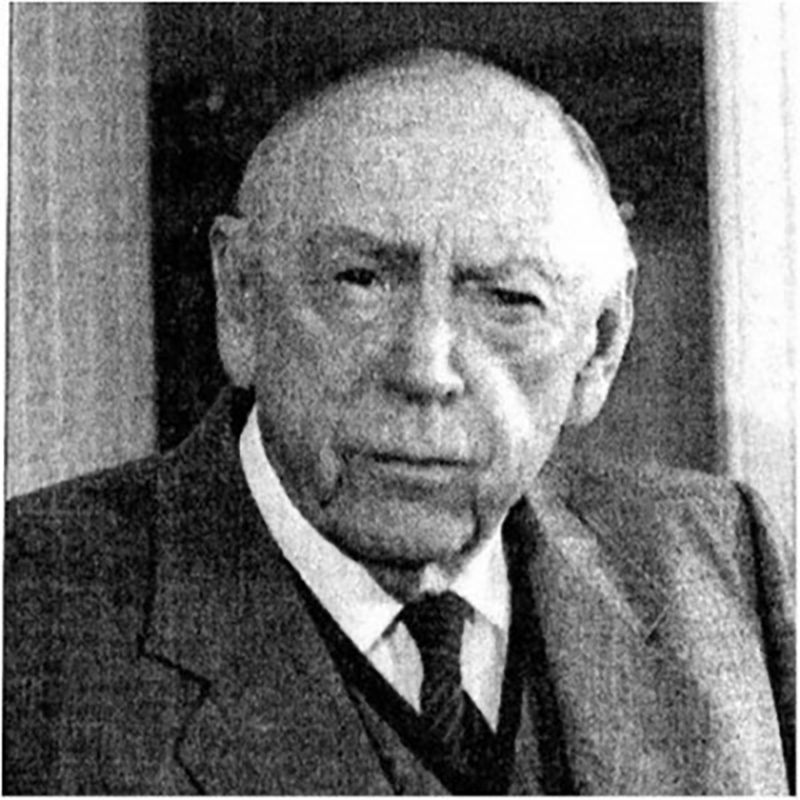
Douglas Campbell (Class of 1935)
Douglas Campbell was an Arts/Law graduate who served in the engineers during World War II. After the war, Campbell was involved in Japanese war crimes trials. He became a QC in 1957 and a member of the Supreme Court of Queensland in 1965. He was controversially overlooked on two occasions by the Bjelke-Petersen Government for judicial promotions. #yourplaceinhistory #igs
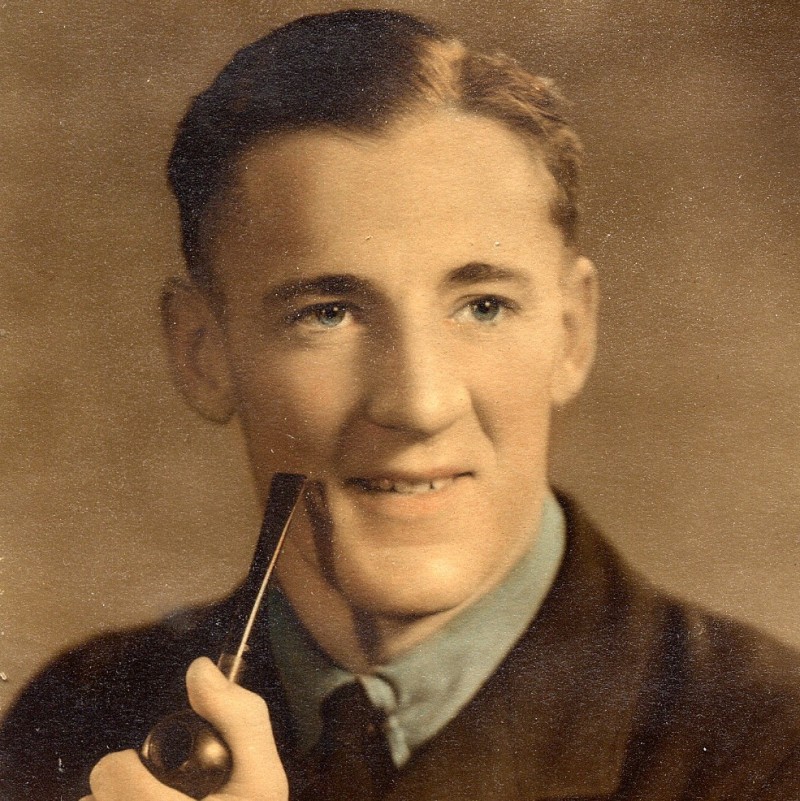
Maxwell Norris (Class of 1937)
Maxwell Norris was a Boarder, Prefect and member of the First XV Rugby team during his final year at IGS. Maxwell enlisted in the RAAF in 1942 and commenced operations as a Wireless Operator/Air Gunner in 466 Squadron.
On his tenth bombing mission the Halifax in which he was flying was badly damaged over Germany. Most of the crew was injured, the pilot critically. Norris managed to nurse the stricken aircraft back to England, belly landing in Kent, unknowingly with a 200lb bomb on board. For his heroic actions, he was awarded the Distinguished Flying Medal (DFM) for “exceptional valour, courage or devotion to duty whilst flying in active operations against the enemy”.
Ten bombing missions later, his Halifax was again damaged, and the crew belly-landed in occupied Holland. After six days evading capture, he and the injured pilot encountered British troops and returned to England to resume flying duties for the final weeks of the war. He flew on one of the last raids on Berlin.
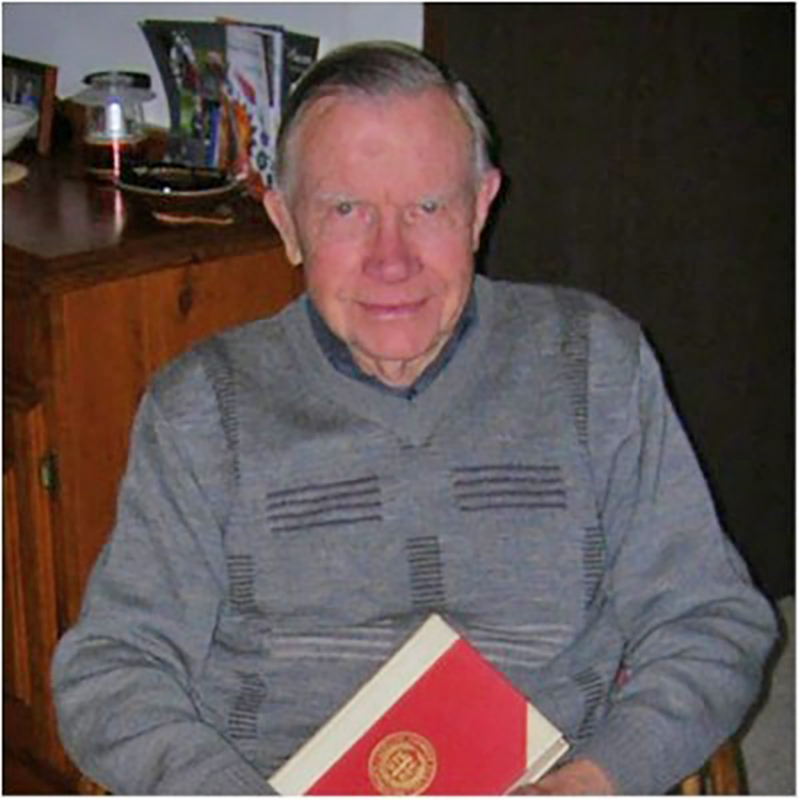
Professor Malcolm Whyte (Class of 1937)
Henry Malcolm (Mickey) Whyte, whose father was the Congregational Minister in Ipswich, was dux of IGS in 1937. He graduated from the University of Queensland BSc in 1942 and MB BS in 1944 with a University Medal. A shortage of civilian Doctors meant that his repeated attempts to enlist in the army were not successful until May 1945, when he served with infantry battalions overseas and in army hospitals in Australia until September 1946.
In 1947, he was awarded the Queensland Rhodes scholarship and in 1952 he returned to Australia having obtained a DPhil at Oxford and Membership of the Royal College of Physicians. From 1960-66 he was Director of Medical Research at the Kanematsu Institute at Sydney Hospital and in 1966 he was appointed Foundation Professor of Clinical Science at ANU. His book ‘The Fats of Life‘ (1961) was a ground-breaking guide to preventing heart disease.
In 1977, his interest moved towards community-based health services, primarily concerned with alcohol and drugs, but including the Red Cross and Lifeline. He has been involved with many local, national and international bodies and has published extensively. He was awarded an Honorary MD by UQ in 1986 and an AO in 1991 for ‘Service to Clinical Science and the Community’. #igsoldboys
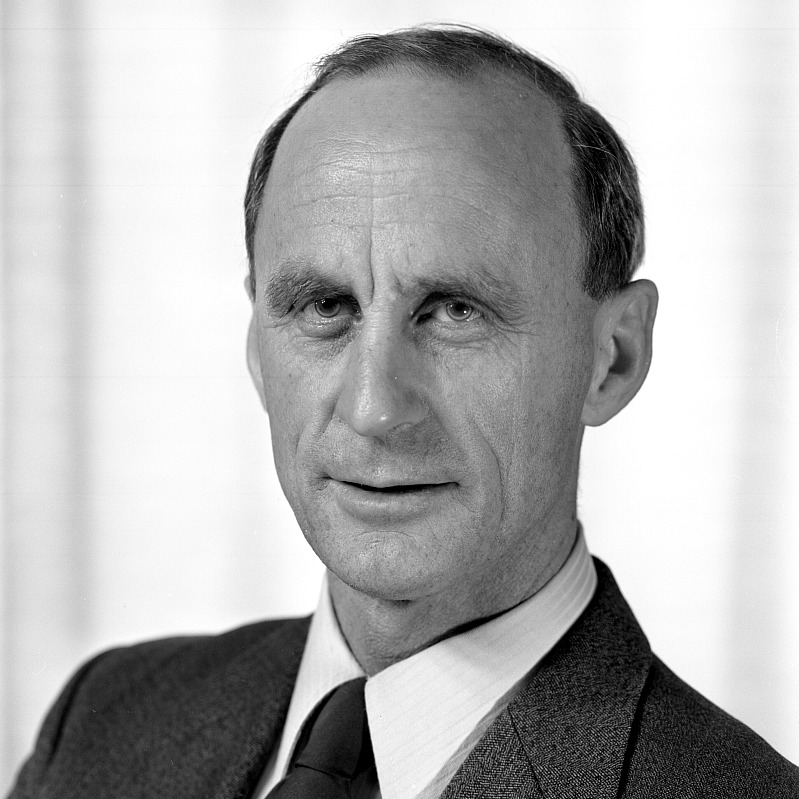
John Curtis (Class of 1939)
Joined the Post Master-General’s Department as an engineer after serving in the RAAF during World War II and in 1975 became the first managing director of Telecom Australia when the PMG was split into Telecom and Australia Post.
